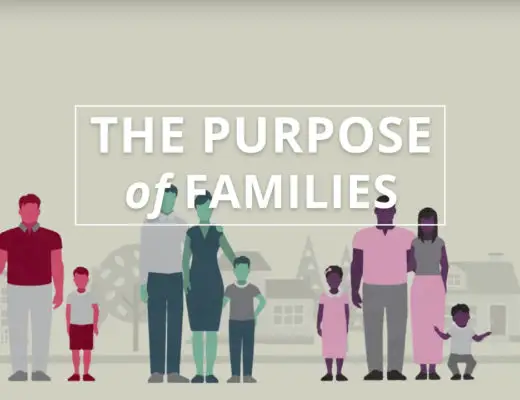“As the father has loved me, so have I loved you. Now remain in my love. If you obey my commands, you will remain in my love, just as I have obeyed my Father’s commands and remain in his love. I have told you this so that my joy may be in you and that your joy may be complete. My command is this: Love each other as I have loved you. Greater love has no one than this, that he lay down his life for his friends. You are my friends if you do what I command. I no longer call you servants, because a servant does not know his master’s business. Instead, I have called you friends, for everything that I learned from my Father, I have made known to you. You did not choose me, but I chose you and appointed you to go and bear fruit- fruit that will last. Then the father will give you whatever you ask in my name. This is my command: Love each other.”
Love, Obedience, and Joy
Two launchpads for meditation. The first considers the connection between love, obedience, and joy. Verses 9-17 are an elaboration of the vine and branch metaphor of verses 1-8. The branches (Jesus’ disciples) are connected to the vine (Jesus) through an intimate love. It is a divine love flowing from the Father to the Son to the disciples.
But remaining in this love is associated with obedience, which might seem strange. Isn’t obedience duty and love delight? How can obedience and love be connected? For Jesus, obedience to the Father meant abiding in the Father’s love. Obedience for Jesus meant sharing in the life of the Father as part of an intimate union of love.
For followers of Jesus, obeying Jesus’ commands means sharing in the life of Jesus. This means sharing in his peace (14:27), love (15:10), and joy (15:11). We experience the intimate union for which we were created. We experience the joy of Jesus when we share in His life, a life characterized by love and obedience.
Friendship with Jesus
The second launchpad for meditation considers what it means to be a friend of Jesus. In the ancient world there were many types of friendships: friendships of military or political alliances, kings or patrons supporting lesser clients, and mutual friendship among equals. Friendship ideals included loyalty (sometimes even to the point of death), equality with sharing possessions, and an intimacy that overflows in open lines of communication.
The text specifically highlights the intimacy of communication in contrast to the lack of information sharing between a master and slave. A king would not share secrets with his servants, but an inner circle of friends would have the privilege of knowing the king’s plans. Likewise, Jesus shares with His disciples the Father’s plan for redemption.
Only two characters in the Old Testament, Abraham and Moses, are called friends of God (2 Chronicles 20:7; Isaiah 41:9; Exodus 33:11). And both characters experienced close communication with God. For example, Exodus 33:11 describes how “The LORD would speak to Moses face to face, as one speaks to a friend.”
For Abraham, the close communication with God meant being in the know about God’s plans. For example, Genesis 18 describes God sharing with Abraham the plan to punish Sodom and Gomorrah. More broadly, in Genesis 12 and 15, God shares with Abraham the plan to make him into a great nation and to bless all the peoples of the earth through him.
Likewise, disciples of Jesus have the privilege of close communication with our Savior. Jesus has shared with us both His teaching and God’s plan for redemption. We are blessed to know the heart and mind of God. Indeed, what a privilege we have in being a friend of Jesus!



